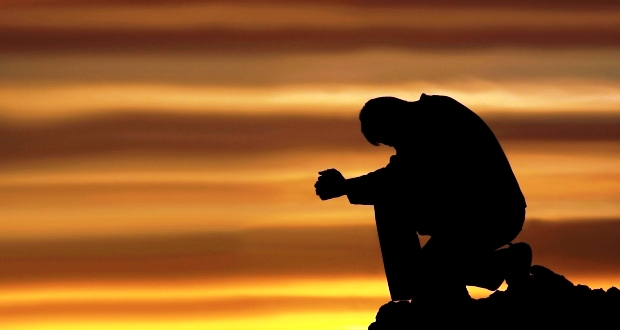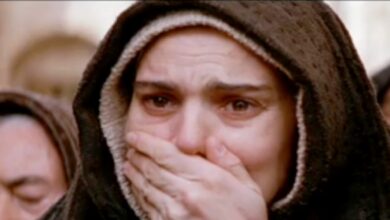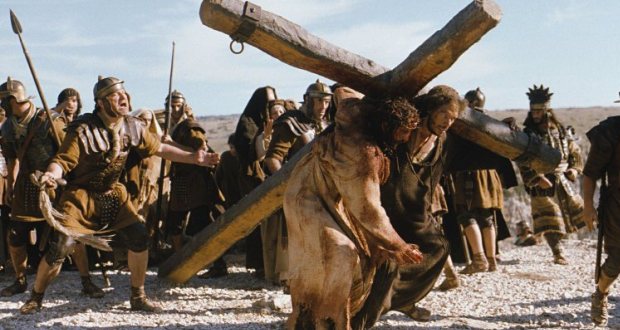Prayer, Fasting, Abstinence, Alms-giving

Lent is a time for deep reflection and spiritual renewal, a time to analyze one’s relationships with God and with others. The Church also calls Catholics to a spirit of penance, above all fasting, prayer and alms-giving, “which express conversion in relation to oneself, to God, and to others” (CCC 1969, 1434.).
FAST AND ABSTINENCE (self-denial).
[simpleazon-image align=”left” asin=”161636131X” locale=”us” height=”500″ src=”http://ecx.images-amazon.com/images/I/51bdPNj6ctL.jpg” width=”364″]To promote the spirit of penance and of reparation for sin, to motivate self-denial, and to lead us in the footsteps of Jesus, Church law requires the observance of fast and abstinence (CCC 1249-1253).
-
Abstinence: All persons who are 14 years and older are expected to abstain from meat on Ash Wednesday and all Fridays of Lent.
-
Fasting: Everyone, from the celebration of their 18th birthday to their 59th birthday, is expected to fast on Ash Wednesday and Good Friday. Voluntary fasting on other weekdays of Lent, especially on Wednesdays and Fridays, is highly recommended. Fasting is normally understood to imply consuming one full meal each day. 2 other partial meals, enough to preserve strength, could be taken; however together they must not equate to another square meal. Eating in between meals is not allowed, however liquids are permitted.
Other forms of “fasting,” specifically relating to alcoholic drink, needless tv, video games, Internet use and social entertainment, is of true spiritual value and is highly recommended. When health or ability to work would be seriously afflicted, neither the law of fasting nor the law of abstinence requires. If in doubt, one’s parish priest or confessor could be consulted.
Travellers, airport employees, and others while on board ships or planes are excused from the laws of fasting and abstinence throughout of their journey (other than on Good Friday). It is desirable that they carry out some other pious act instead.
PRAYER.
In order to deepen one’s love for Christ, Catholics are prompted to read and pray over blessed Scripture; to study the Catechism of the Catholic Church; to join devotions provided by the parish; and to pray even more fervently– individually, as families, and in typical with others. The faithful are exhorted to pray the rosary, to make private devotation to the Blessed Sacrament, and to pray particularly for vocations to the priesthood and the spiritual life, for world peace, and for a continuous implementation of the pastoral campaigns of the Third Diocesan Synod.
-
Sacrament of Penance and Reconciliation: Lent is a privileged time for celebrating this sacrament. Parishes normally make conveniently available the Sacrament of Penance, including its communal celebration. (In this method, the social and ecclesial elements of sin and reconciliation, as well as one’s individual reconciliation with God could be emphasized. At communal celebrations of reconciliation, however, basic absolution is not allowed. People should attend likewise to reconciliation in every facet of human life– personal, familial, societal, and ecclesial. During the Lenten and Easter time, Catholics are advised that they are obliged to commemorate the Sacrament of Penance at least once per year. However, as one journeys in faith to Christ, the reality of our sinful nature and God’s infinite love for us all, compels the faithful to attend the Sacrament of confession as often as is possible. Many of our catholic Saints frequented the sacrament of confession every day!
-
Lenten Mass Schedule: Daily Masses during Lent are so set up so as to facilitate the attendance and spiritual growth of the faithful. The faithful are urged to attend Mass on weekdays.
-
The Stations of the Cross are celebrated publicly in most parish on Fridays during the Lenten season. Parishioners are encouraged to attend and to participate.
-
Wedding event Masses might not be commemorated throughout the Easter Triduum, on Sundays of Lent, Ash Wednesday, or during Holy Week. Marital relationships may occur at other times throughout Lent according to the proper liturgical standards and provisions, however it is contrary to the repentant spirit of the season to have elaborate wedding events or luxurious receptions.
-
Funeral Masses may not be commemorated on Holy Thursday, Good Friday, or Holy Saturday, nor on the Sundays of Lent. When pastoral reasons need that a funeral be celebrated on these days, a Liturgy of the Word, with the last commendation and farewell rite, is held.
-
Easter Duty: All Catholics who have been initiated into the Holy Eucharist are supposed to receive Holy Communion worthily at least once during the Easter Season. Catholics are encouraged to get Communion as frequently as possible, not only during Eastertide, but throughout the liturgical year. Anyone who is mindful of a serious sin committed should receive the Sacrament of Reconciliation prior to coming to Communion. (CCC 1385.).
ALMS-GIVING:
The act of providing to the poor, in the most ancient tradition of the Church, is an expression of penance, a type of piety, a witness of fraternal charity and an expression of Lenten conversion. All Catholics are urged to support and to participate in the charitable works of the Church.
In our Lenten pilgrimage of faith and ascent to the holy mountain of Easter, may God direct our hearts to Him, and reveal to us how to live and move and have our beings constantly in His ways.
May God Bless You and do have a Happy Lent.







Hello there, just became aware of your blog through Google, and
found that it’s truly informative. I’m gonna watch out for brussels.
I will appreciate if you continue this in future.
Lots of people will be benefited from your writing.
Cheers!